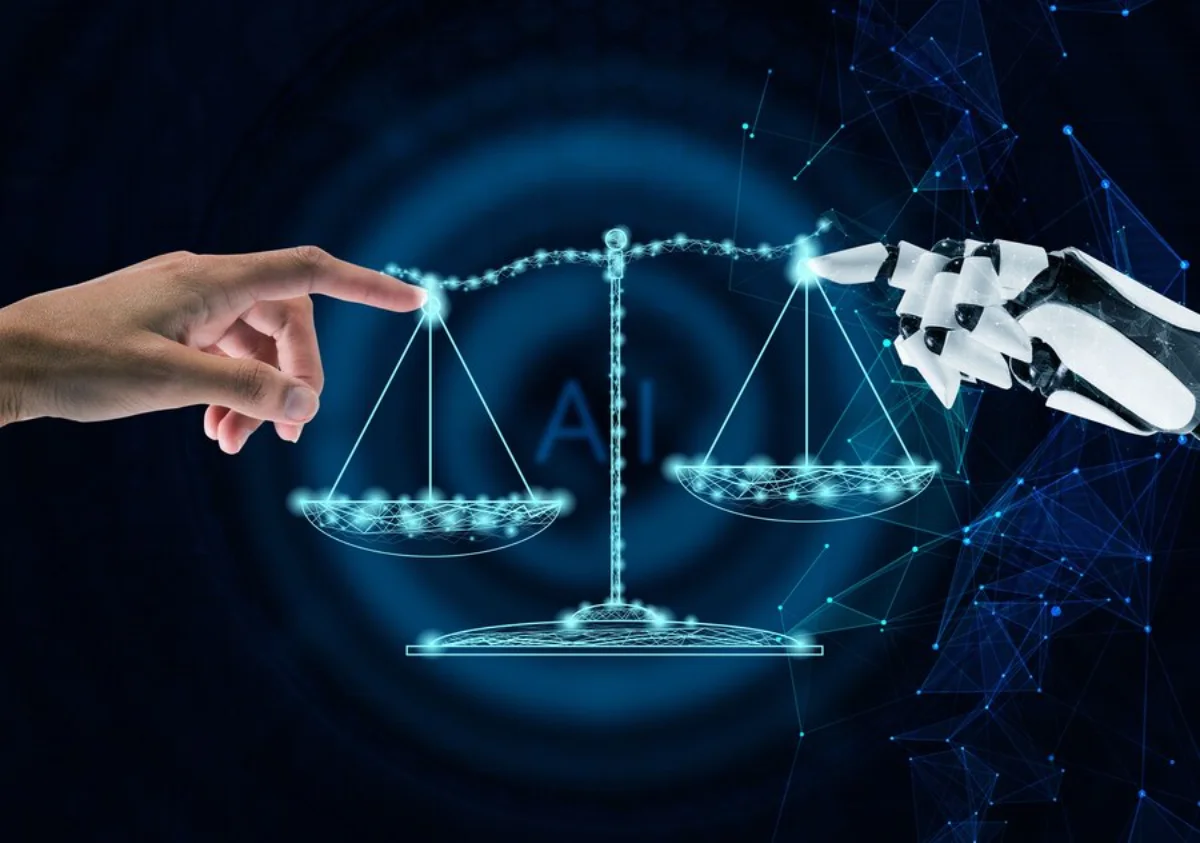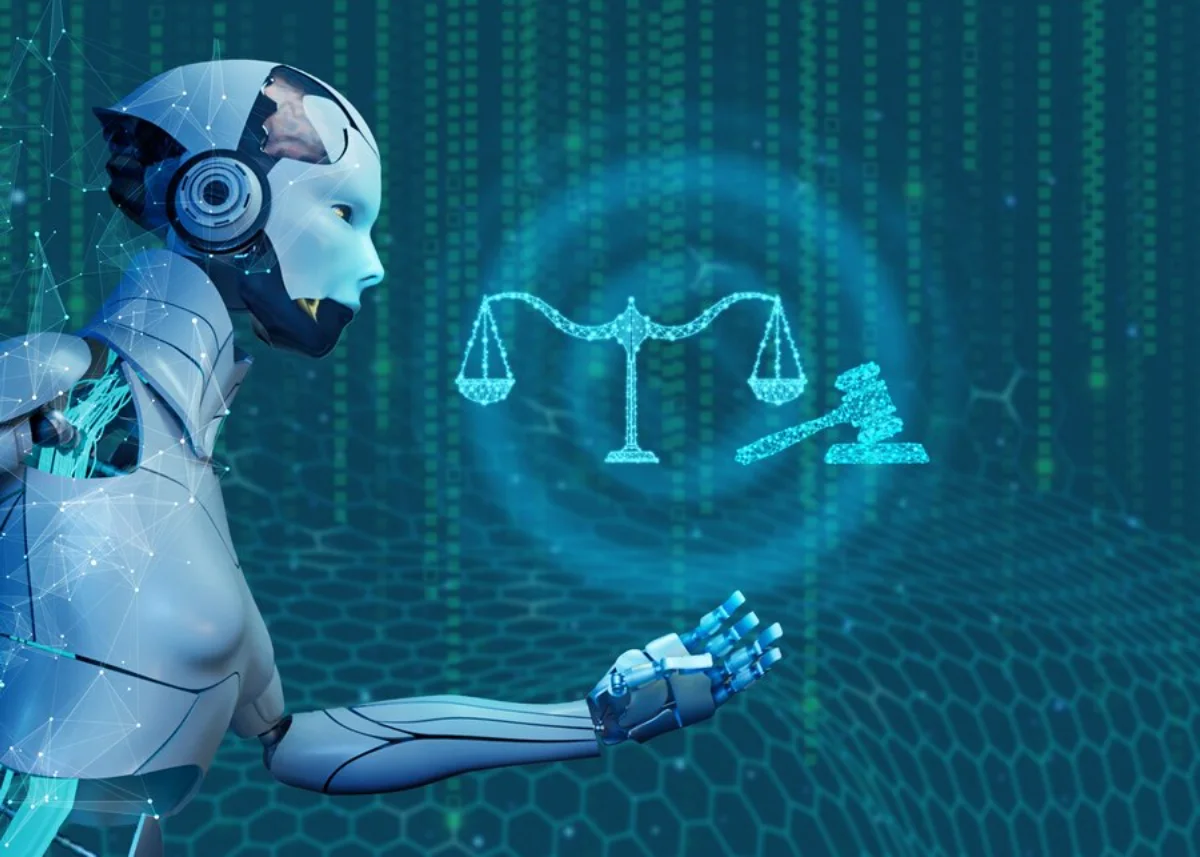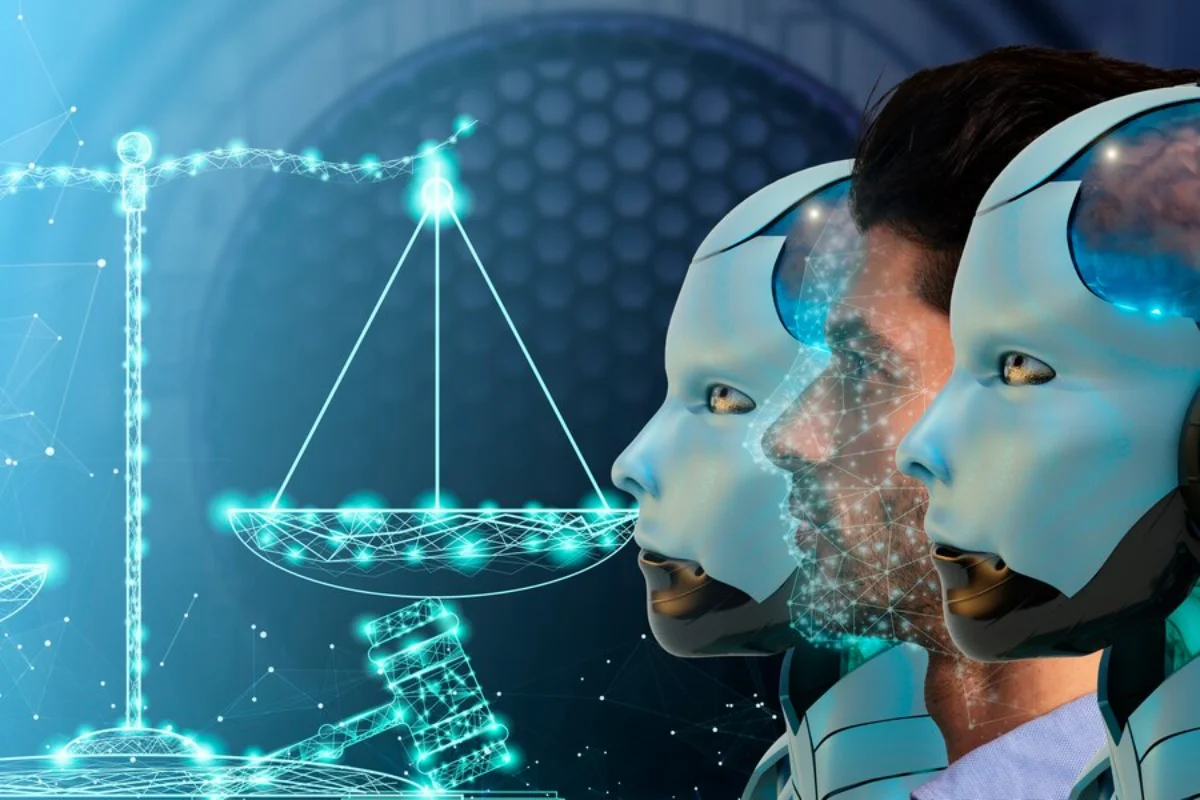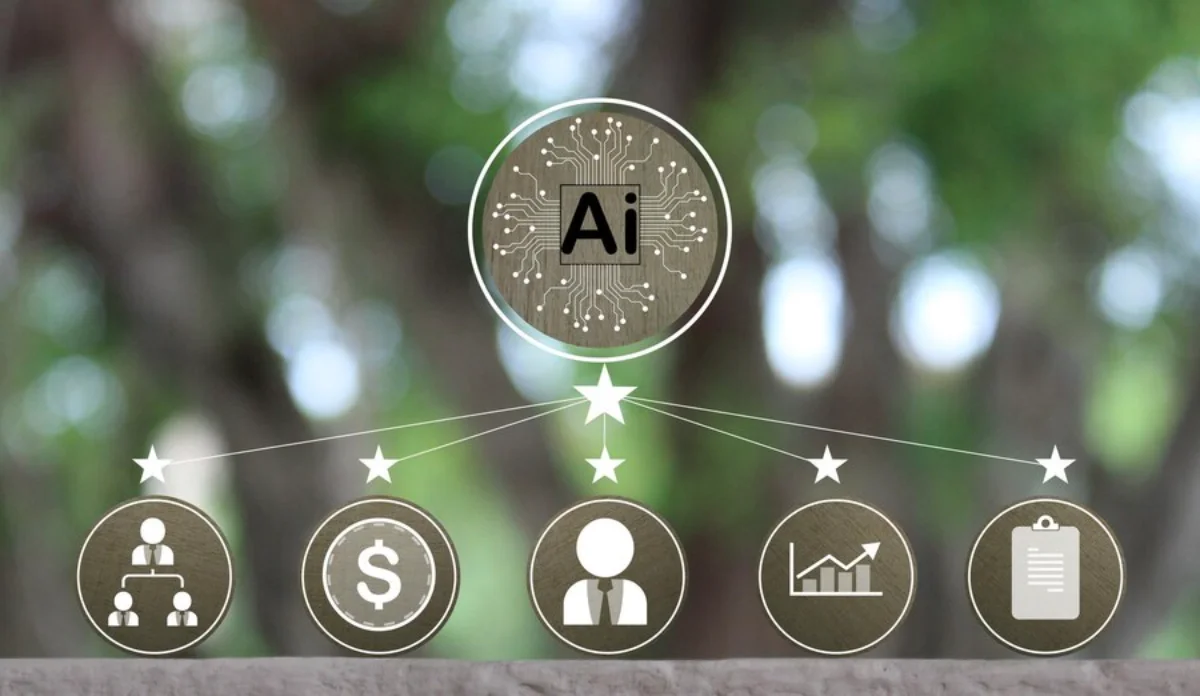AI is shaping our world more and more. It affects decision-making in healthcare, finance, recruitment, and more. As AI becomes part of our daily lives, concerns about AI bias, fairness in machine learning, and ethical AI are increasing. AI training, data sources, and potential biases can greatly impact society.
The UK leads in AI regulation and innovation. It is tackling fairness and ethics in AI. Policymakers and tech companies are pushing for fairer AI systems. It’s important to look at how biases form, how to reduce them, and how to build AI responsibly.
Understanding AI Bias

What is AI Bias?
AI bias happens when an AI system gives unfair results. This can result from bad training data, biased algorithms, or existing inequalities. This can lead to discriminatory outcomes, reinforcing social biases rather than eliminating them. AI bias is a major issue in hiring, lending, law enforcement, and medical diagnostics. In these areas, biased choices can lead to serious real-world effects.
Studies show that some facial recognition AI systems misidentify ethnic minorities more often than white individuals. Biased recruitment algorithms can favor male candidates over female applicants. This happens because the training data reflects past hiring patterns.
Causes of AI Bias
AI bias arises from multiple sources, including:
- Training Data Bias: If an AI system learns from data that isn’t diverse, it may have trouble adapting to different groups or situations.
- Algorithmic Bias: An algorithm’s design can favour some groups or results, either on purpose or by accident.
- Human Bias in Data Collection: Biases from people who label data or make decisions can affect the datasets used to train AI models.
- Feedback Loops: AI systems can learn from past decisions. This means they might keep old biases. Instead of fixing issues, they can make inequalities worse.
Quick Guide: Tackling AI Bias and Ensuring Fairness
- Understand AI Bias: Learn how data and algorithms can produce unfair results.
- Spot the Sources: Bias can stem from training data, algorithm design, and feedback loops.
- Apply Fairness Techniques: Use diverse datasets, audits, and transparency methods.
- Build Ethical AI: Design systems that are fair, accountable, and inclusive.
- Support UK Policy Efforts: Engage with regulations like the AI Standards Hub and GDPR.
- Raise Awareness: Educate developers and the public about responsible AI development.
Pro Tip
When developing or using AI tools, always ask: Who might be excluded or harmed by this system? Embedding this question early on helps uncover hidden biases before they scale.
Important
Bias in AI isn’t always intentional—but its effects are real. From reinforcing social inequalities to making flawed medical predictions, unchecked bias can damage trust and impact lives. Fairness must be built in, not added later.
Machine Learning Fairness
What is Machine Learning Fairness?
Machine learning fairness refers to the effort to develop AI systems that make unbiased, equitable, and just decisions. Ensuring fairness in machine learning involves identifying sources of bias, mitigating their impact, and designing models that treat all individuals fairly, regardless of gender, race, age, or other characteristics.
Techniques for Achieving Machine Learning Fairness
Several approaches can be used to promote fairness in AI:
- Bias Audits and Fairness Testing: Regular audits of AI models help find biases and suggest fixes.
- Diverse Training Data: Using datasets with a variety of people and situations helps AI make fairer choices.
- Algorithmic Transparency: Clearer AI decision-making helps developers and regulators check for fairness.
- Fairness Constraints: Adding fairness constraints to AI models helps prevent harm to specific groups.
- Human Oversight: AI handles lots of data, but human judgment is key for ethical decisions.
The UK government wants AI developers to focus on fairness. They support this with initiatives like the AI Standards Hub, which promotes responsible AI development.
Ethical AI: Building Responsible AI Systems

What is Ethical AI?
Ethical AI means creating and using AI systems that follow ethical principles. These include fairness, transparency, accountability, and inclusivity. Ethical AI ensures that AI-driven decisions align with societal values and legal standards.
Ethical Challenges in AI
Despite its advantages, AI presents numerous ethical challenges, including:
- Lack of Transparency: Many AI models operate as “black boxes,” meaning their decision-making processes are not easily understood by humans.
- Accountability Issues: When AI systems make mistakes, determining who is responsible—developers, users, or regulators—can be difficult.
- Privacy Concerns: AI relies on vast amounts of personal data, raising questions about data protection and consent.
- AI in Law Enforcement: The use of AI in policing and surveillance has raised concerns about privacy violations and biased decision-making.
The Role of Policy and Regulation
The UK has been proactive in addressing ethical AI concerns. The UK government’s National AI Strategy sets rules for responsible AI development. It highlights the importance of transparency, fairness, and accountability. Regulatory frameworks like the General Data Protection Regulation (GDPR) are vital. They help ensure AI systems respect data privacy and fairness.
The Future of AI: Striving for Fairness and Ethics
How Can AI Developers Minimise Bias?
AI developers and businesses can take several steps to reduce AI bias and enhance machine learning fairness:
- Diverse AI Teams: Ensuring diverse representation in AI development teams can help identify and mitigate biases.
- Fairness Metrics: Implementing fairness metrics to measure and track AI performance across different demographics.
- Regulatory Compliance: Adhering to legal guidelines and best practices in AI fairness and ethics.
- Public Engagement: Encouraging discussions between AI developers, policymakers, and the public to create socially responsible AI systems.
The Role of AI Education and Public Awareness
Boosting AI literacy in the public, policymakers, and businesses is vital. This will help make sure ethical concerns are part of AI systems. UK universities and research institutions are adding AI ethics courses to their programs. This helps prepare future AI professionals to create fair and accountable AI systems.
Ethical AI in Business and Government
Companies and governments are increasingly recognising the importance of ethical AI. More organisations are hiring AI ethics officers. They are also putting AI ethics guidelines in place to ensure fairness and accountability. Government bodies are working with industry leaders. They aim to create AI governance frameworks. These frameworks will protect citizens and promote innovation.
5 Frequently Asked Questions (FAQs)
1. What is the main cause of AI bias?
AI bias often stems from biased training data that reflects historical inequalities or limited representation. If the data is flawed, the AI model will inherit those flaws.
2. How can developers reduce bias in AI systems?
By using diverse datasets, conducting fairness audits, involving multidisciplinary teams, and building transparent algorithms, developers can greatly reduce bias.
3. Why is fairness in machine learning so important?
Fairness ensures that AI decisions don’t discriminate against individuals based on race, gender, age, or other characteristics. It’s essential for both ethical and legal reasons.
4. What role does regulation play in AI ethics?
Regulations like GDPR and the UK’s National AI Strategy help ensure AI is developed and used responsibly. They enforce transparency, data privacy, and fairness.
5. Can AI ever be completely unbiased?
No system can be completely free of bias, but with the right strategies, its impact can be minimised. Ethical AI is about reducing harm and promoting fairness, not achieving perfection.
Ensuring Fair and Ethical AI: The Path to Responsible Innovation

AI is changing our world. To gain trust in AI systems, we must tackle AI bias. We should also ensure fairness in machine learning. Finally, prioritising ethical AI is key for accountability. The UK’s efforts to regulate and standardise AI ethics demonstrate the importance of responsible AI development. Working together, AI researchers, policymakers, and the public can shape AI for good. This teamwork will boost fairness and cut down on discrimination in our digital world.

